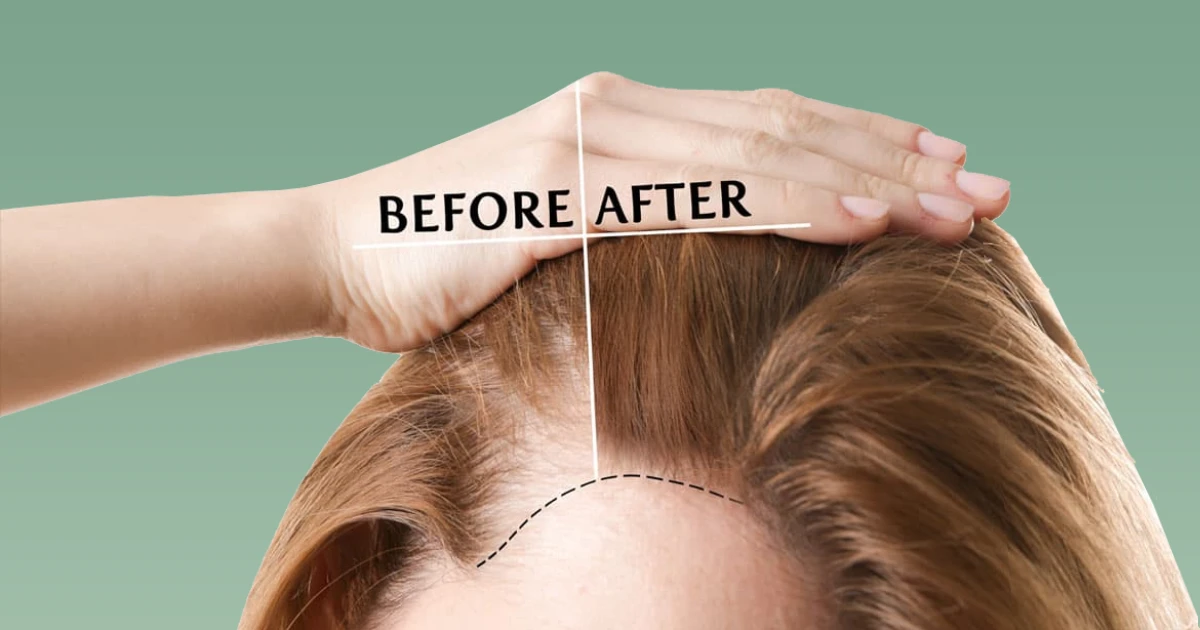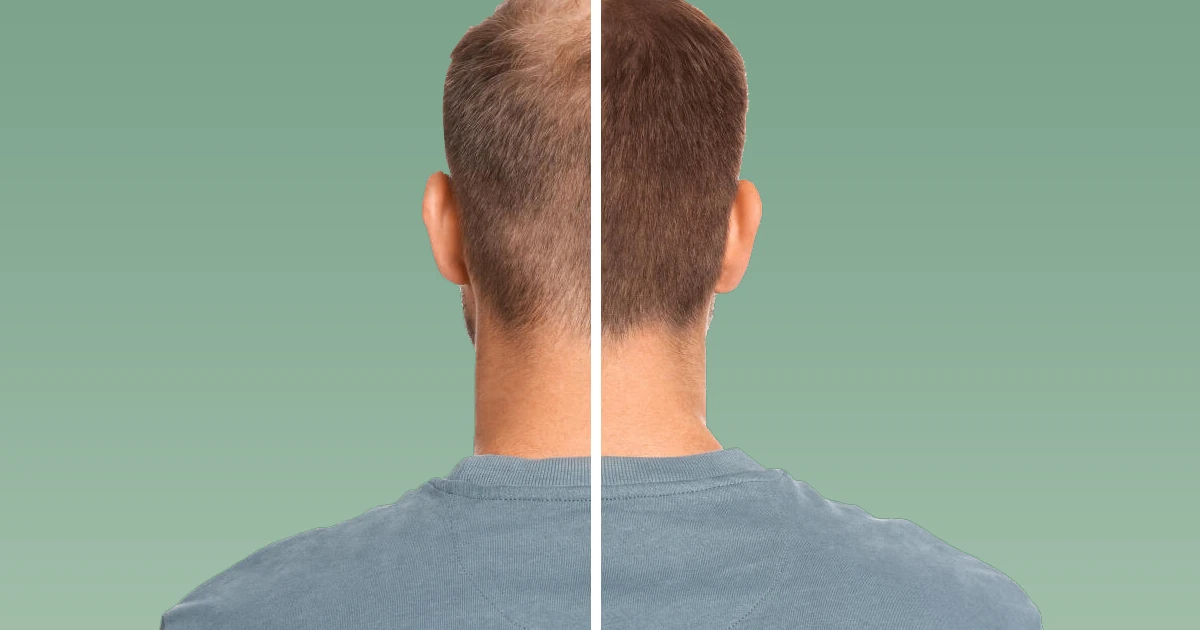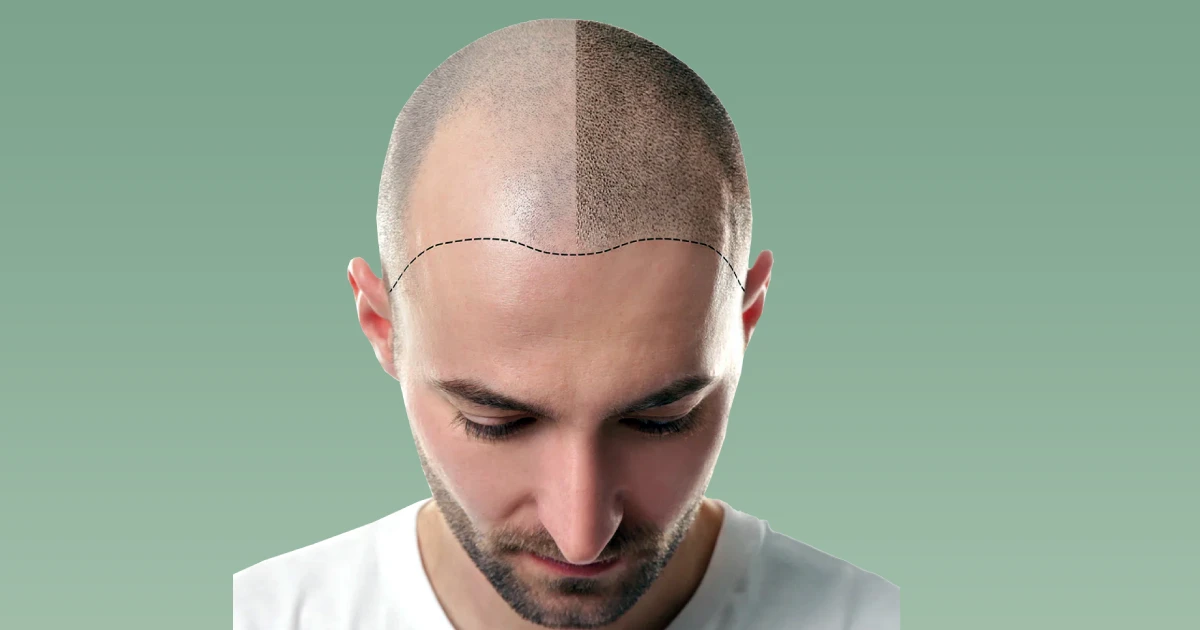
Female Hair Transplant
Female Hair Transplant, Loss of hair can be a stressful event that affects self-confidence as well as general well-being for both women and men.
If you're an woman who is experiencing loss of hair and you're thinking about an operation to restore your hair We're here to support you. We know that each woman's journey to losing hair is individual and that's the reason we've put together this thorough guide to assist you in making informed choices about the best options for hair restoration.
No matter if you're facing hormonal imbalances, genetic factors or any other conditions This guide will provide you with the information needed to help you navigate the options and identify the best treatment to meet your particular requirements.
Causes of Female Hair Loss
Hair loss and baldness are usually thought to be a problem for men However, loss of hair can affect anyone regardless of gender. In reality, over half of women be affected by significant and visible loss of hair in their lives. Hair loss in women can take different forms such as loss of hair, progressive thinning and patches of baldness. The most prevalent cause for lost hair in women is called female-pattern hair loss (androgenetic Alopecia). Other causes of hair loss women experience are: diffuse loss of hair (chronic loss of telogen) extreme strain (telogen effluvium) and alopecia areata. the alopecia of traction, and polycystic-ovarian syndrome (PCOS).
The degree of loss of hair can differ depending on the individual There are many aspects that could affect the loss of hair in women.
- The hormone imbalance that occurs during Menopausal and pregnancy are often linked with loss of hair
- stress: Significant physical and emotional stress is associated with hair loss
- Food: deficiencies in nutrients can impact the health of your hair
- vitamin deficiency the low level of certain vitamins may affect the loss of hair
- Genetics research suggests a genetic link to female pattern baldness.
- Medicines:hair loss can be a very rare side effect of medications. Certain medications, such as oral birth control, could be a factor in female hair loss.
- Altering those over forty tend to have more hair loss
- hairstyles:some chemical hair treatments and hairstyles can cause loss of hair.
Advantages and benefits FUE Female Hair Transplant
Izmir Clinic offers the most technologically advanced medical clinics and advanced treatments. Follicular Unit Extraction transplants are very popular because the hair is removed one by one and a completely natural, healthy and attractive head of hair is achieved. With FUE, it is possible to achieve greater surgical control regarding the harvesting and transplantation of hair.
Female clients are more likely to undergo the transplant process because women are much less inclined than men to allow the entire head to be cut off. At Izmir Clinic, we are aware that most women want to maintain the length of their hair and hide the exact location of the donor area (e.g. front, side or back of the hairline).
For those who are concerned about this, only the shaved area is used to remove hair that can be transplanted, and once the procedure is complete, the donor area can be easily covered with more hair. Women can trust IzmirClinic Turkey to offer an effective and discreet treatment for women's hair transplantation to treat their type of hair loss.
You will see results within a few days. In just five months, clients experience noticeable hair growth - an average of 50% hair growth. Within a year, most transplant recipients can experience up to 100% growth. The FUE transplant procedure is highly effective.
Why Get a Female Hair Transplant?
The majority of women suffer from hair loss at certain points in their lives. Thinning and loss of hair can make women feel embarrassed regarding their appearance. One of the primary reasons women seek female hair transplants is that they be comfortable with their appearance and regain confidence in their appearance.
Hair transplantation for females How is it done?
Women can undergo two types of female hair transplant procedure Follicular Unit Transplantation (FUT) or follicular unit excision (FUE). Surgeons at Treatment Rooms London perform hair transplants while you are awake, but in Turkey the affected area is numbed using local anesthesia. Therefore, you will not feel any discomfort during the procedure.
A FUT hair transplant is when the surgeon takes a small piece of scalp (grafts) that contains hair follicles and places them on your scalp using small cuts. Surgery is performed by a surgeon who stitches up the region that they extracted the grafts and then cover the linear scar on the back of your head along with the rest of your hair.
A FUE hair transplant takes place when the surgeon slits hair follicles out of the sides and back of your scalp. The follicles are then reinserted to your scalp by using an instrument for puncturing. This way you should see a tiny dots-like scars on the sides and back of your scalp that can be concealed by cutting your hair shorter.
Recovery and post-transplant care
After the hair transplant surgery, you may be expecting some discomfort during the first few days after the local anaesthetic has worn off. The over-the counter anti-inflammatory drugs like ibuprofen will help lessen the swelling and discomfort.
If you are recovering you should adhere to the instructions for aftercare the surgeon provides you. You must take at the very least five consecutive days work to allow you time to take a break and recuperate after the surgery. It is also recommended to be careful not to engage in strenuous activity, such as exercises for the initial two weeks.
When you're recuperating from surgery, don't pick any scabs that develop on your scalp because they could disrupt the transplants. The scabs will disappear within a couple of weeks. It could take up to 14 days for implant to completely integrate into your scalp, which is why you should take your time with your scalp. Don't rinse your hair until at least five days and don't style it using products until you've reached the 14-day threshold.
Female Hair transplants can be treated like regular hair after it's been fully implanted, however it is important to take good treatment of the hair. For instance, it's recommended for you to clean your hair with cool water. You should also apply a heat protector and use a gentle brush or combing it.
Results and Aftercare
Following the hair transplantation process After your hair transplantation procedure, you'll have access to the aftercare program as well as professional guidance whenever you require it.
It is essential to ensure that the scalp is in good condition for the first few days after the procedure to prevent infections and minimize the chance of scabbing. We will provide complete instructions for post-treatment care and are there to address any questions you may have that arise following the procedure.
It may take between 2 and 3 months for your new follicles take root and naturally form new hair. Therefore, regrowth might be inconsistent at first However, rest assured that you'll soon be able to enjoy more lustrous hair. Although each patient's healing time and results could be different but the majority of patients will see natural hair growth in the 10 months after the procedure.
What is the price for an individual female hair transplant cost?
To estimate the cost of a female hair transplant, it is necessary to consult a doctor because of the price brackets, which fluctuate significantly depending on the case base. In simple terms, the more hair you need transplanted, the higher the cost will be.
For most women, hair transplantation ranges between PS 3,000 and PS 10,000. To have a better idea of the price before you make an appointment with your clinic, use the Graft Calculator tool, which allows you to calculate the number of hair strands that need to be transplanted. Based on this, you can look at the graph of female hair transplant costs to understand which group you might be in.
If you'd like to know more details on the treatment or to find out an exact cost, please call us now for a free consultation.
Frequently Ask Questions
Treatment Types

DHI Transplant
Experience a revolutionary solution to hair loss with DHI transplant. Bid farewell to thinning hair and embrace a natural, fuller mane. Our skilled surgeons use advanced techniques for seamless results. Schedule a consultation to embark on a journey towards regaining confidence and restoring your youthful appearance with thicker, healthier hair.
Beard Transplant
Achieve the beard of your dreams with a beard transplant. Say goodbye to patchy growth and hello to a full, thick beard that exudes confidence. Our skilled team ensures a seamless procedure tailored to your desired style. Schedule a consultation today and embrace the opportunity to redefine your masculinity with a vibrant, natural beard.
Platelet Rich Plasma (PRP)
Revitalize your skin with Platelet Rich Plasma (PRP) therapy. Harnessing your body's natural healing power, PRP stimulates collagen production, reducing wrinkles and rejuvenating your complexion. Our expert team ensures a safe and effective procedure tailored to your needs, restoring your skin's youthful glow. Schedule a consultation today and unveil a revitalized, radiant complexion.
Sapphire Fue Hair Transplant
Experience cutting-edge hair restoration with Sapphire FUE hair transplant. Bid farewell to hair loss concerns and welcome back a natural, fuller head of hair. Our advanced technique ensures precise and seamless results. Schedule a consultation today to embark on your journey towards thicker, healthier hair and renewed confidence.






